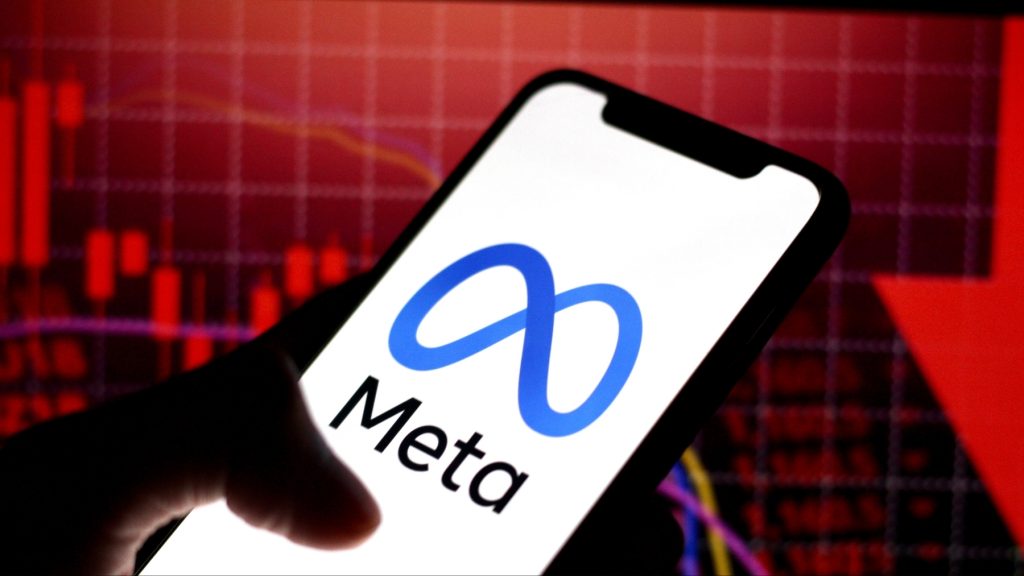
Meta Platforms has a social media moderation system for Arabic but not Hebrew content, complicating moderation amid the Israeli-Palestinian war despite internal policy changes.
Meta’s Social Media Moderation
A former Meta employee, under anonymity, shared internal policy guidelines with The Guardian, alleging that Meta’s hate speech policies disproportionately only target Palestinians. According to the whistleblower, regulation process of Arabic content has a whole different approach and criteria that the Hebrew content doesn’t have.
“When Palestinian voices are silenced on Meta platforms, it has a very direct consequence on Palestinian lives,” mentioned Cat Knarr of the US Campaign for Palestinian Rights, who had organized the letter.
“People don’t hear about what’s happening in Palestine, but they do hear propaganda that dehumanizes Palestinians. The consequences are very dangerous and very real.”
Meta’s social media content moderation practices have long been criticized for disparities across different languages.
On the 7th of October 2021 the Facebook whistleblower, Frances Haugen highlighted this issue during a testimony before a US Senate committee, noting that although only 9% of Meta’s users speak English, a striking 87% of its misinformation budget is allocated to English-language content. Meta has contested this figure, asserting that most of its third-party fact-checking partners focus on content outside the US, and the data cited does not fully represent the company’s efforts to combat misinformation.
Recent social media content moderation documents from Meta, released after October 7, regarding the war on Palestine, provide insight into the company’s policy decisions. These documents reveal that Meta’s policies on hate speech include a ban on statements like “boycott Jewish shops” and “boycott Muslim shops,” but curiously permit the phrase “boycott Arab stores,” according to internal guidelines.
Meta spokesperson Tracy Clayton addressed these policies, stating that during the current crisis, the company’s approach is to remove calls for boycotts based solely on religion. However, it allows boycotts based on “protected characteristics like nationality,” which are often seen as political speech or a form of protest against a specific government.
Consequently, phrases such as “boycott Israeli shops” or “boycott Arab shops” are allowed. The internal documents further clarify that statements like “no Israeli goods should be allowed here until they stop committing war crimes” are permissible, as is “boycott Arab stores.”
This nuanced approach to social media content moderation underscores the ongoing challenges and controversies Meta faces in balancing free expression with the need to combat hate speech and misinformation.
Social Media Moderation Effectiveness on Hebrew Content
A newly released set of documents were said to have the ability to measure Arabic and Hebrew content for the purposes of social media moderation.
A newly released set of documents reveals that the Facebook parent has developed advanced mechanisms to assess its content moderation accuracy in various languages, and this includes Arabic and Hebrew.
The company’s system calculates the “policy precision” of content enforcement in many languages. Accordingly, the firm’s quality system assesses the work of front-line moderators together with systems by checking whether they adhere to Meta’s policies on prohibited content on Facebook and Instagram. The accuracy score is generated by the quality measurement program that tracks the performance of content moderation across platforms, according to ex-employees and documents.
Among such languages are English, Spanish, Arabic and Thai. However, in regard to some decisions pertaining to Hebrew language contents, this kind of scoring was implausible due to “absence of translation”, limited information indicates. It was explained that no reviewers who knew how to speak Hebrew had been available for this purpose.
Meta says it uses several methods for measuring enforcement accuracy specifically related to Hebrew-language social media content moderation including evaluation by people reviewing it in Hebrew as well as auditors who can understand it.
Work Harder Meta
Meta has been criticized for neglecting content and social media moderation on its platforms, especially Instagram, when it comes to the ragging Israeli war on Palestinians in Gaza.
Informing the world about the Israeli occupation of Palestine is often labeled as misinformation on Meta’s social platforms. Meta appears to be periodizing the spread of certain narratives over others. Evidently, Zuckerberg’s Meta seems to intervene in content and social media moderation practices only when the term ‘Zionism’ is used, often resulting in the deletion of such posts.
Nowadays, social media is our voice to spread and raise awareness about global events, specifically the Israeli occupation and its war in Palestine. Meta’s social platforms, alongside other networking spaces, should allow their users to voice their feelings and thoughts.
Social media moderation should be reserved for occasions where the content itself poses risks, and breaches ethical considerations, particularly to children, rather than censoring and silencing political discourses on war and unlawful occupation.
Inside Telecom provides you with an extensive list of content covering all aspects of the tech industry. Keep an eye on our Tech sections to stay informed and up-to-date with our daily articles.